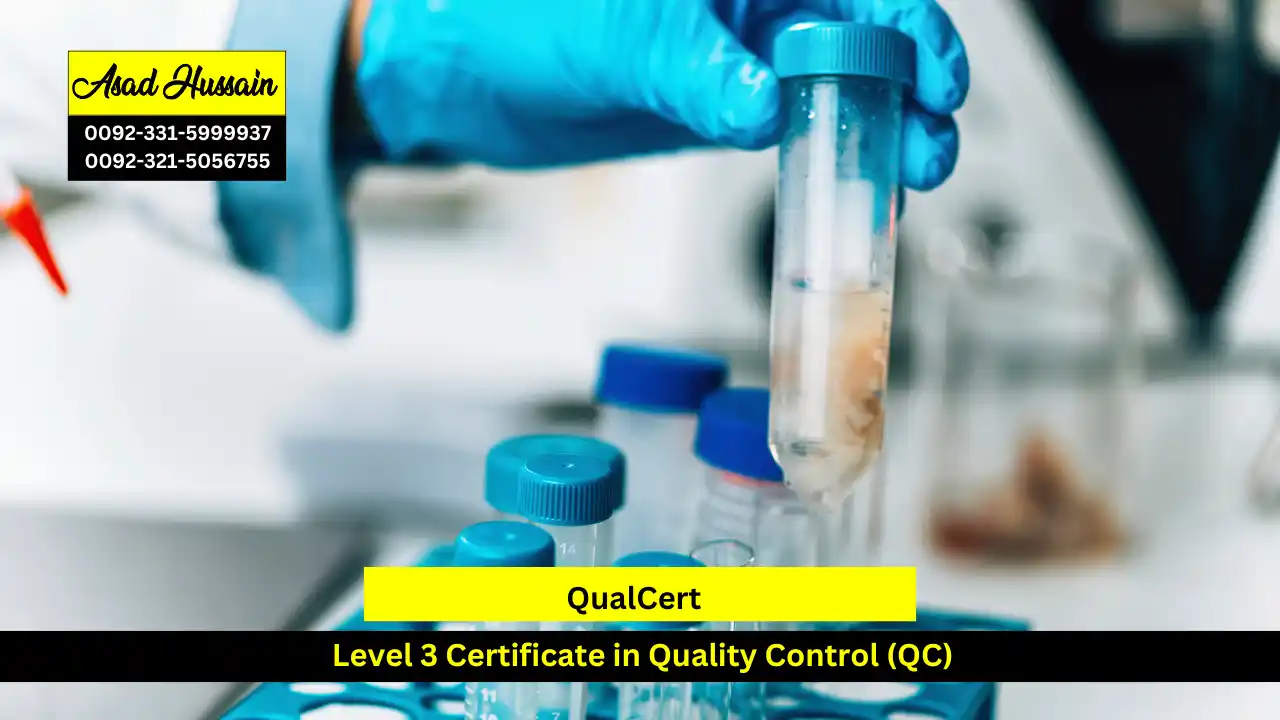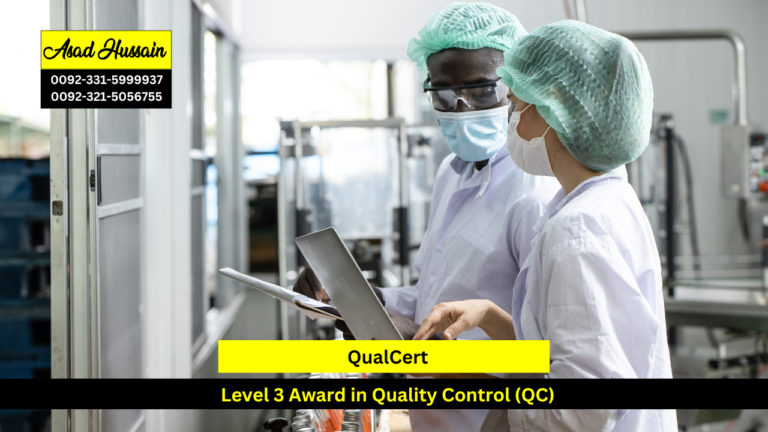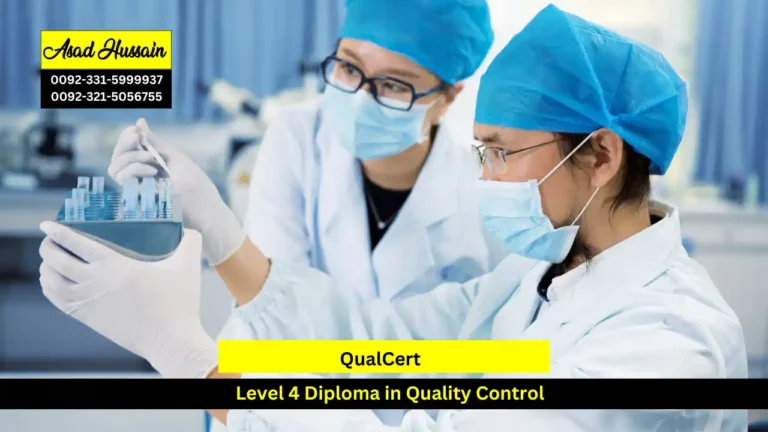Quality Control (QC) stands at the forefront of ensuring products and services meet stringent standards, reflecting a commitment to excellence in every industry. For professionals aiming to excel in this pivotal role, the Level 3 Certificate in Quality Control (QC) offers a structured pathway to mastery and career advancement.
The Level 3 Certificate in Quality Control (QC) is designed to equip individuals with the essential skills and knowledge needed to effectively manage and maintain quality standards within an organization. Whether you’re already in the field or aspiring to join it, this certification provides a comprehensive framework that covers key aspects of quality control.
The Level 3 Certificate in Quality Control (QC) is more than a credential; it’s a gateway to mastering the art and science of maintaining superior quality standards. Whether you’re safeguarding consumer satisfaction, optimizing operational efficiency, or ensuring compliance with regulatory requirements, this certification empowers you to lead with confidence in the dynamic world of quality control.
By investing in your professional development through the Level 3 Certificate in QC, you’re not just advancing your career—you’re contributing to a culture of excellence that drives organizational success and customer satisfaction.
Embrace the journey to becoming a certified quality control professional today, and unlock opportunities to make a lasting impact in your industry.
Program Highlights
Mandatory Units
Module 1: Advanced Quality Concepts.
Module 2: Statistical Methods for Quality Control.
Module 3: Advanced Problem-Solving Techniques.
Module 4: Quality Standards and Compliance.
Module 5: Advanced Quality Inspection and Testing.
Module 6: Quality Management Systems (QMS) and Lean Practices.
Module 7: Advanced Statistical Analysis in Quality Control.
Module 8: Quality Control in Complex Environments.
Module 9: Leadership in Quality Control.
To enroll in the Level 3 Certificate in Quality Control course, participants typically need to meet the following entry requirements
- Educational Background: Typically, participants should have a high school diploma or its equivalent (such as a GED). Some programs may require a minimum level of education, such as completion of secondary education, to ensure participants have basic academic skills.
- Language Proficiency: Proficiency in the language of instruction (usually English) is essential to comprehend complex course materials, actively participate in discussions, and complete written assignments.
- Age Requirement: Participants must be at least 18 years of age to enroll in this course.
- Industry Experience: While not always required, some programs may prefer or recommend that participants have some prior industry experience related to the field they intend to study. This can provide valuable context for understanding quality control principles.
- Level 2 QC Award (Recommended): While not mandatory, completion of a Level 2 QC award or equivalent foundational training is highly recommended.
Advanced Quality Concepts
- Understand the principles of quality management and their importance in organizational success.
- Analyze different quality models and frameworks used in industry.
- Apply advanced quality concepts to improve organizational processes and outcomes.
Statistical Methods for Quality Control
- Demonstrate proficiency in using statistical tools such as control charts, histograms, and Pareto charts.
- Apply statistical process control (SPC) methods to monitor and improve processes.
- Interpret data to make informed decisions regarding quality improvements.
Advanced Problem-Solving Techniques
- Identify root causes of quality issues using advanced problem-solving methodologies.
- Apply techniques such as root cause analysis (RCA) and fishbone diagrams effectively.
- Develop and implement corrective and preventive actions to address quality problems.
Quality Standards and Compliance
- Understand international quality standards and regulatory requirements relevant to quality control.
- Implement quality
This course is ideally suited for professionals across various industries who are passionate about maintaining and enhancing product and service quality. It is designed for individuals already working in quality control or related fields seeking to deepen their expertise and advance their careers. Engineers, quality assurance specialists, manufacturing managers, and anyone responsible for ensuring compliance with quality standards will benefit greatly from this course. Additionally, individuals aspiring to enter the quality control profession will find the comprehensive curriculum invaluable in building a solid foundation of knowledge and practical skills necessary to excel in this critical role. Whether in manufacturing, healthcare, technology, or any other sector, this course equips participants with the tools and insights needed to effectively manage and improve quality processes within complex organizational environments.







